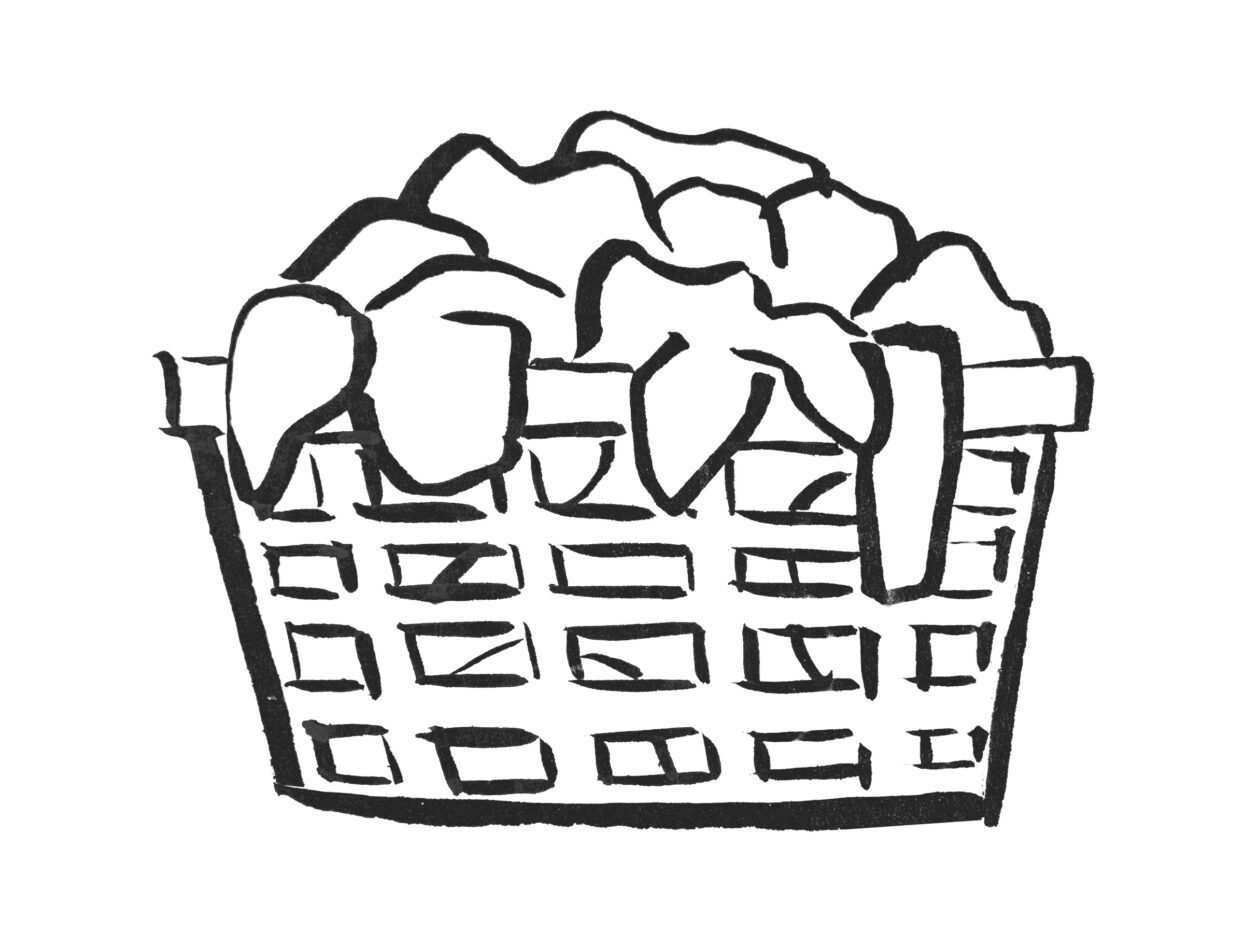
Illustration by Ivy Sanders Schneider

Illustration by Ivy Sanders Schneider
To demand women’s liberation feels bafflingly earnest in an era when there seems to be the tacit agreement among straight, college-educated women that heterosexuality is a failed project from which they cannot escape, despite their best wishes. They can only shack up with men who can either listen, fuck, earn money, caretake, or be emotionally available, but never all five at once. The theorist Asa Seresin calls this “heteropessimism,” a kind of anticipatory anesthetizing of the heart against the “terminal diagnosis” of heterosexual culture. Seresin writes that the object of heteropessismist critique occludes misogyny or the patriarchy in its focus on individual instances of inconsiderateness or abuse, but perhaps it would be more accurate to say that heteropessimism barely offers a critique at all — only a requiem for bygone dreams of loving, mutually supportive partnerships. Cynicism rightfully abounds in regards to straight men who can parrot the correct lines about women in the workplace, yet still refuse to take on their fair share of household labor. Painstakingly sourced exposés of men in the upper echelons of power abusing women can be found in the papers every several weeks. Comeuppance? Consequences? All laughable. Abusers need only worry about saving face. One way to sum up the heteropessimist current in American culture is that there are people who believe that the formerly beloved Big from Sex and the City was killed off early in the reboot because the showrunners were trying to stay ahead of the many credible rape allegations against Chris Noth.
It speaks to the success of mainstream feminist organizing that it is now considered eminently unreasonable for women to shoulder the vast amounts of caretaking and household work necessary for society to function at the same time as they work to support themselves and their dependents. But it’s fantasy to imagine that everything would be resolved if only men did the dishes more. It’d make life more bearable for some women, that’s for sure. But the reality is that often, couples resolve the problem of domestic work by outsourcing it to entire underclasses of underpaid caretakers, many of whom are women of color. Arguably the growing cohort of trad wives offers a pick-me response to this seemingly intractable issue: let men be the sole breadwinners so that women can quit their jobs and focus on housework — that will even out the scales (and, they add, men would no longer feel emasculated and assault women and so on). In that sense it’s surely not surprising that heteropessimism would become the predominant stance of young white women invested in their putative purity. It articulates a vague resentment of the constraints put on white, highly educated women without having to answer for the exhaustion and overwork other people have to undertake to make their lives possible — or even that over 50 percent of that demographic voted for Trump, a symbol of misogyny so potent that millions wore pussy hats to protest his inauguration all over the world. The register of heteropessismism remains within that of individual hurt, exhaustion, and disappointment masquerading as systemic critique.
Call me cringe, but surely equitable, loving relationships that do not entail the immiseration of others are within the purview of a better world. In fact, that used to be on the horizon of socialist organizing: the free association of people of any and all genders not bound by the hoarding and transmission of private property or economic circumstance, but by love. Some would call it a politics of gender liberation and family abolition. Some might even call it communism. Perhaps that would be a better place to start.
Rosemarie Ho is a writer and critic from Hong Kong.